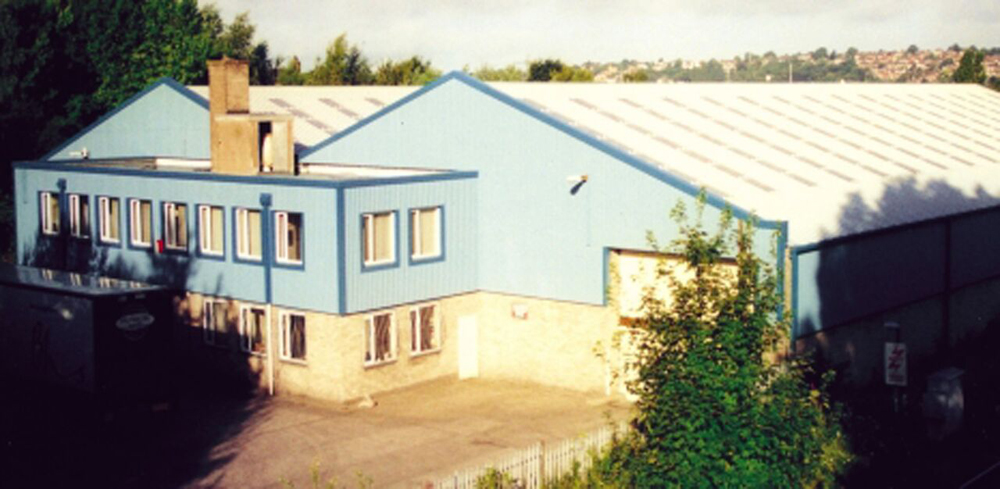The refurbishment of non-domestic buildings would have a significant positive impact on reducing carbon emissions, whilst also bringing savings in operational costs. It is also essential if the UK is to hit its target of a 34% reduction in CO2 by 2020, yet it has so far been given little serious consideration. Recently published research from independent consultants Caleb Management Services has highlighted the extent of this missed opportunity.
The research examines how refurbishing all existing non-domestic building stock by 2022 to an EPC/DEC “C” rating is likely to have a short payback period of less than five years, after which time the refurbishment would have paid for itself and would begin to save money on bills.
A potential total energy cost saving has been projected of over £40 billion between 2010 and 2022, with a correspondingly significant carbon saving.
The report also estimates that up to 75,000 long-term “green collar” jobs could be created, offering a major boost to the construction industry at a time when unemployment is rife. However, in order to tap into this window of opportunity it is vital for companies to be able to access funding for the initial capital investment through schemes such as that offered by Salix Finance.
Full details of the report are available to download by viewing the Caleb Management Energy Report – non-domestic buildings.

